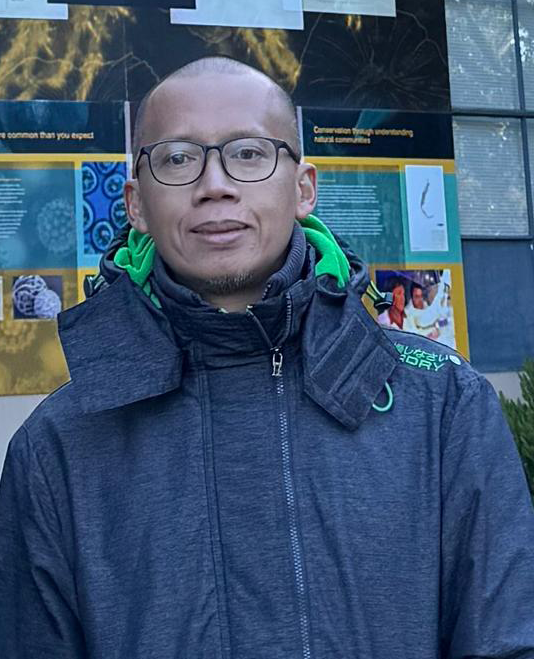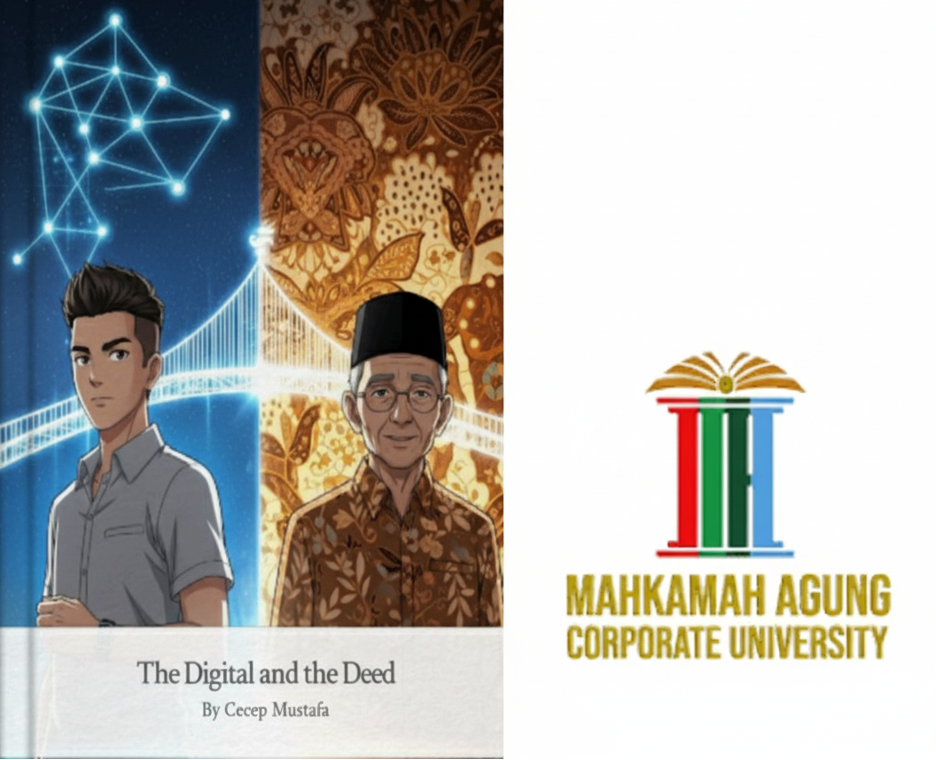JHP Journal Editor’s Note
Cecep Mustafa
Indonesia’s Fintech revolution has opened unprecedented access to credit and investment, expanding financial inclusion through Peer-to-Peer (P2P) lending platforms. Yet beneath this progress lies a growing legal and ethical gap: platforms profit from risk without fully sharing in its consequences. For policymakers and the judiciary, the challenge is not merely regulation but the restoration of fairness in a rapidly digitizing economy.
When technology entered Indonesia’s financial system, it arrived not through legislation but through apps—bright interfaces promising inclusion, convenience, and empowerment. With a few taps, a small entrepreneur could apply for a loan once impossible to obtain; a young professional could become an investor overnight.
Fintech seemed to fulfill a long-standing dream: to democratize finance. But as participation expanded, so too did exposure to risk. Behind the efficiency of digital lending platforms lies a structural imbalance—a quiet asymmetry of accountability.
Peer-to-Peer lending was designed as a meeting point between borrowers and lenders, mediated by a platform that claimed only to facilitate. Yet this claim of neutrality is increasingly difficult to defend. The platform determines eligibility, sets terms, verifies identities, and earns fees. It performs the functions of a financial institution, but when defaults occur, it retreats into the language of technology: We only connect; we do not bear risk.
This fiction of neutrality has tangible consequences. When a borrower defaults, the loss is borne entirely by the lender, even though the platform designed the risk architecture. The transfer of responsibility from institution to individual may be efficient, but it is not just.
Indonesia’s Financial Services Authority (OJK) anticipated this tension. Under Regulation No. 77/POJK.01/2016, platforms are explicitly accountable for losses resulting from their own negligence. Yet in practice, the protective intent of this rule is eroded by opaque contracts and disclaimers buried in digital terms of service. The law is clear; its application, less so.
The judiciary and regulators now face a crucial interpretive moment. Digital finance has outpaced the frameworks that govern it. If the law remains reactive, the moral burden of innovation will continue to fall on individuals least equipped to bear it. The task ahead is not only to enforce existing protections but to evolve them—to articulate a new form of responsibility suited to algorithmic intermediation.
That evolution requires several shifts. First, platforms must be recognized not as passive intermediaries but as active participants in financial ecosystems, with corresponding duties of care and disclosure. Second, regulators must strengthen mechanisms for redress, ensuring that loss, when it occurs, does not vanish into contractual abstraction. And third, public oversight must adapt to digital tempo—balancing innovation with integrity, and speed with scrutiny.
Fintech has made finance more accessible, but accessibility is not the same as equity. True financial inclusion demands that digital systems be as accountable as they are efficient. Regulation must no longer be viewed as friction but as architecture—the structure that allows trust to endure. Technology can expand opportunity, but it cannot absolve us of responsibility. The future of finance will depend not only on code and data, but on our capacity to ensure that justice remains legible within them.

Untuk Mendapatkan Berita Terbaru Suara BSDK, Follow Channel WhatsApp: SUARABSDKMARI



